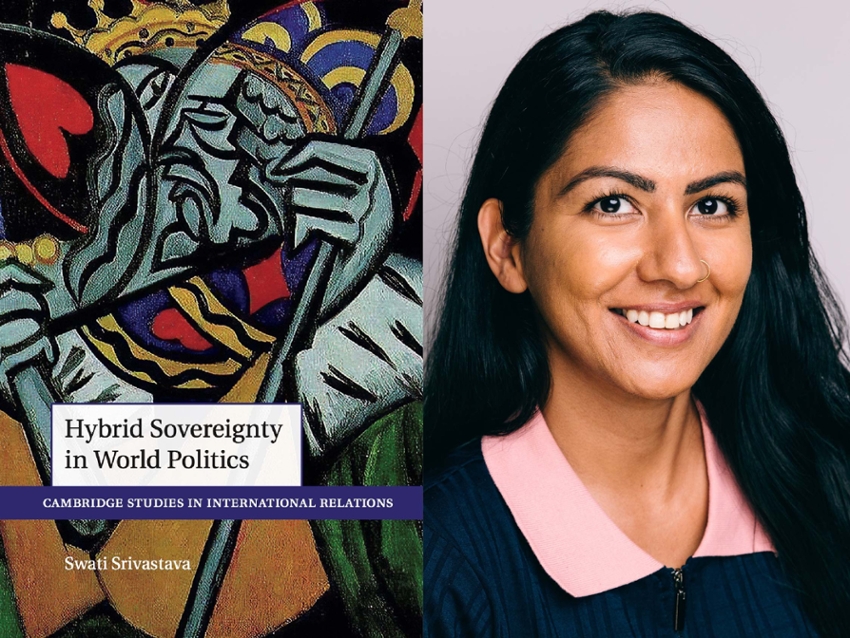Featured Publication: Hybrid Sovereignty in World Politics

Publication Title
Hybrid Sovereignty in World Politics
Author
Publisher
Cambridge University Press
Publication Date
September 2022
About the Book (from the publisher)
The idea of 'hybrid sovereignty' describes overlapping relations between public and private actors in important areas of global power, such as contractors fighting international wars, corporations regulating global markets, or governments collaborating with nongovernmental entities to influence foreign elections. This innovative study shows that these connections – sometimes hidden and often poorly understood – underpin the global order, in which power flows without regard to public and private boundaries. Drawing on extensive original archival research, Swati Srivastava reveals the little-known stories of how this hybrid power operated at some of the most important turning points in world history: spreading the British empire, founding the United States, establishing free trade, realizing transnational human rights, and conducting twenty-first century wars. In order to sustain meaningful dialogues about the future of global power and political authority, it is crucial that we begin to understand how hybrid sovereignty emerged and continues to shape international relations.
About the Author
Associate Professor of Political Science, Dr. Srivastava’s research focuses on International Relations, especially private actors in global governance.
She has three ongoing interests. One examines how sovereign power is exercised through nonstate actors such as charter companies, security contractors, business associations, and NGOs. The resulting book, Hybrid Sovereignty in World Politics, was published by Cambridge University Press (2022).
A second project explores the global politics of Big Tech and the related challenges of algorithmic governance. For this work, Professor Srivastava founded and directs the International Politics and Responsible Tech (iPART) research lab.
Finally, she also theorizes relational approaches like constructivism and new kinds of responsibility. Professor Srivastava's research has been funded by the National Endowment for the Humanities, Andrew Mellon Foundation, the American Council of Learned Societies, and the Buffett Institute for Global Studies.
In 2023-24, she will be on fellowship at Harvard Law School’s Berkman Klein Center for Internet and Society.